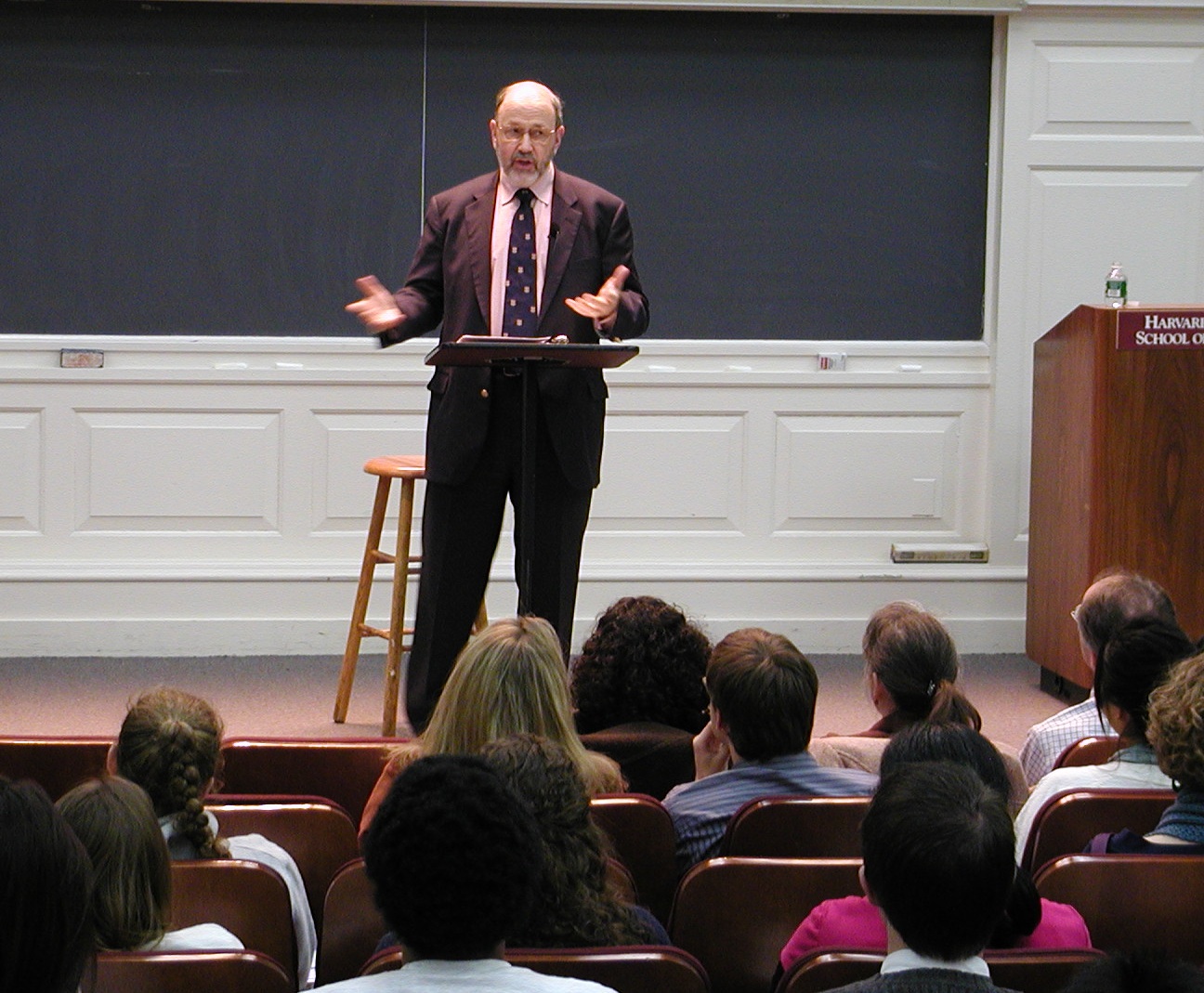The more one listens to N.T. Wright give lectures on the topic of his new book and his strong desire to see the world put to rights by God in Jesus, the more you notice that even though much of what he says is true… he’s leaving one important topic out on purpose! In Wright’s recent Harvard lectures, found here, Bishop Wright clearly avoids talking about the topic of hell for a more positive picture of God putting the world to rights and bringing about justice through the work of Christians (along and others) in the here and now. [NOTE: I encourage everyone to listen to these free lectures in mp3 and consider the good things Bishop Wright has to say, but I want to point out that everyone needs to listen with discernment and not embrace all of Wright’s narrative.]
To be honest, this is probably the most disturbing item of disagreement that I have with the British New Testament scholar. I’m very concerned that his lecturing is going to help many people become more universalistic in their thinking and less explicit about worshipping Jesus as the one and only Saviour and Lord. Now, Bishop Wright always tells people that he is the world’s one, true Lord and Saviour, but that still does not help it when people in a postmodern culture reinterpret things so easily!
But the point of this post was to point out some good comments from another Christian pastor and writer, Doug Wilson. I encourage you to read his post here and consider what he has to say about N.T. Wright and others who seemingly marginalize the doctrine of Hell away to nothing. Below is an excerpt:

In his otherwise admirable book on evil, N.T. Wright makes the drastic mistake of leaving the subject of Hell entirely alone. But no matter how many helpful things you say, if you leave the really huge question out, then all you are really displaying is a real loss of proportion. “Well, other than that, how was the play, Mrs. Lincoln?”
The questions that swirl around the issues of violence, pacifism, and the redistribution of mammon are all questions that tend to be summed up by those advocating their causes under this rubric as questions of “justice.” “No justice, no peace” the bumpersticker puts it. This is particularly the bent of the Christian left — the Jim Wallis, Ron Sider, Greg Boyd contingent. This is the myopic view of the Obama evangelicals, all singing that blues standard, “Lie to me!”
And they persist in acting as though you can define justice by taking an evangelical Christian and making him watch CNN for long enough. And lest anybody misunderstand me, I am not saying this because I think we ought to be learning from Fox News instead. No. We are to define justice exegetically (what does justice mean throughout the pages of Scripture?) and theologically (what are the ultimate displays of God’s justice?). We have done quite a bit of the former, and it is time for us to consider the latter.



